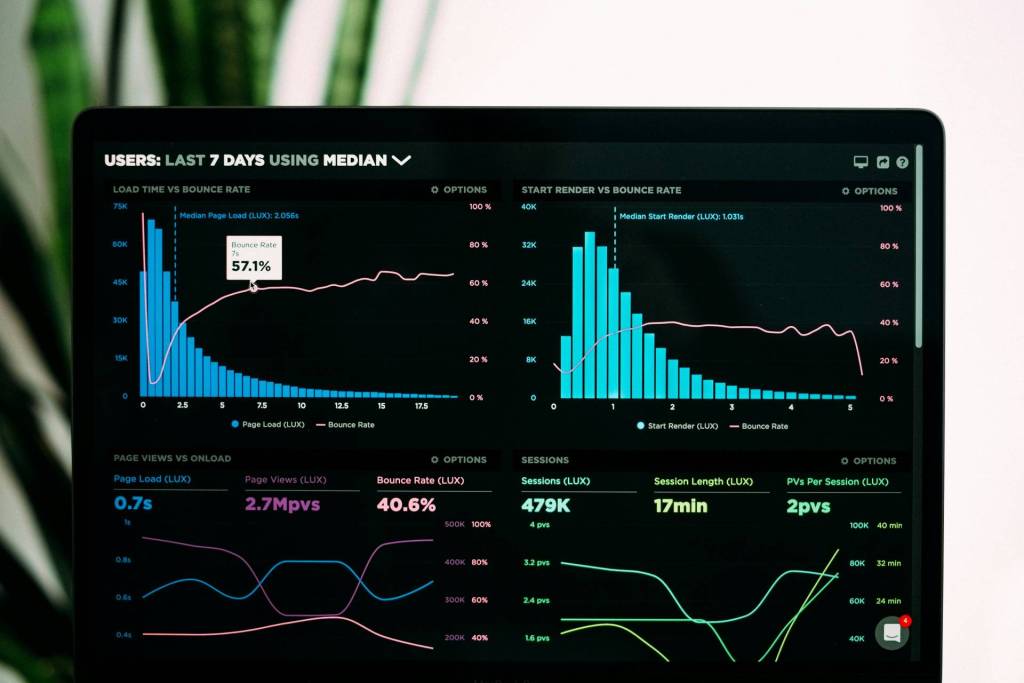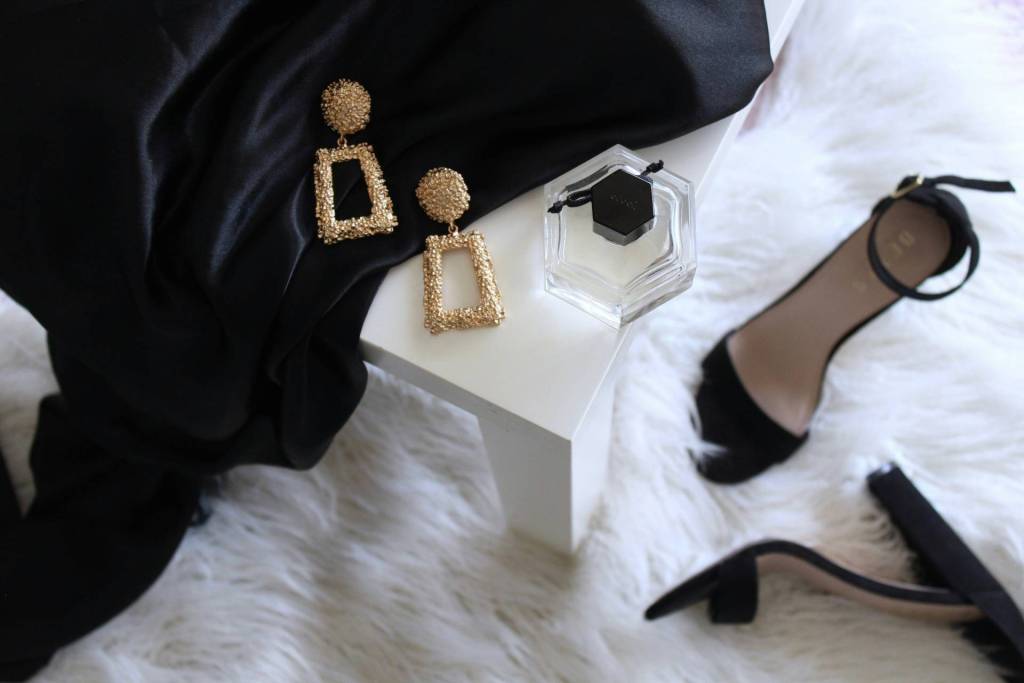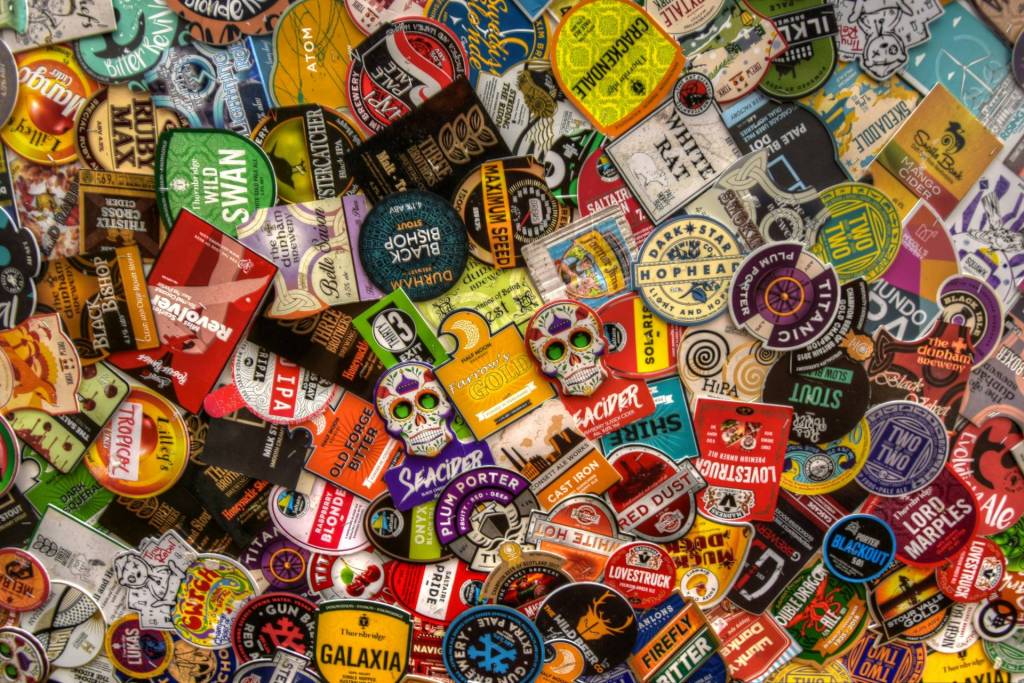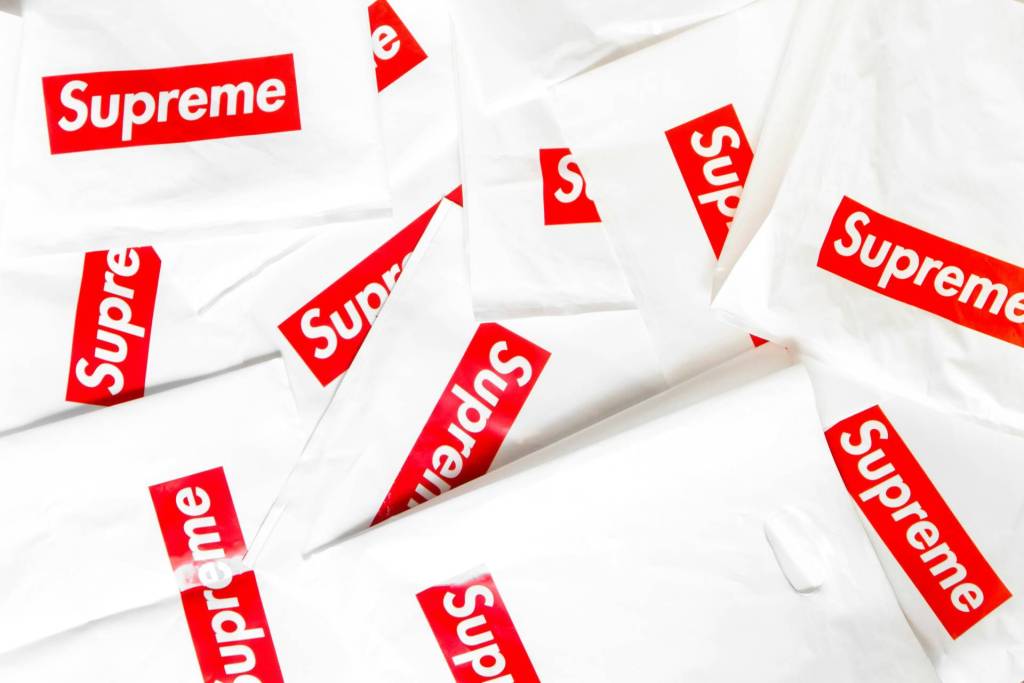Today, I spoke to Ivanka Trump, who is an American businesswoman, socialite, heiress, and fashion model. The daughter of Ivana and Donald Trump, she is Executive Vice President of Development & Acquisitions at the The Trump Organization. She is also The New York Times and Wall Street Journal bestselling author of The Trump Card. This is the unedited version of my talk with Ivanka. In the interview, she talks about how to succeed in business, how to identify your passion, what her experiences have been like on social networks, how to stand out at work, how to establish a reputation, advice she’s learned from her father (Donald Trump), and much more.
What does it mean to play your trump card? Have we all really been dealt a winning hand?
Some people have been put in situations, myself included, where we have a world of opportunities that are available to us. But it’s up to each of us to capitalize off of it. I know many children of privileged parents who do not. They assume that their parents’ relationships are there, their parents’ business contacts are there, and that’s really not the reality. So you know the door may be open for some of us but you know we have to take the initiative ultimately to walk through it. I think as you look at people across the spectrum of experience, and just you know position in terms of the situation that they have been born into I think that you know in life everyone is confronted with a host of opportunities. It’s just whether or not they recognize those opportunities and whether or not they pursue them. I don’t think it’s a healthy attitude to be defeatist. I think successful people are people who recognize that the world is open to them and really push to their passions, so I do believe that we all have a trump card, it’s just identifying what it is and when the opportunity is right.
How do you identify or how does somebody identify their passions which carries from question one?
Through trial and error. The best examples often of jobs and internships that really play an important role in our lives are those that show us our career paths that we’re not interested in. I worked with an investment bank for three summers and after three summers, I pretty quickly recognized that that wasn’t you know an area that I was too interested in pursuing as a career but I did learn a tremendous amount in the process. It’s just not being afraid to push to that which you’re interested in. I think being in my 20’s and even to my colleagues in their 30’s know this is a unique time in our lives where we’re less likely to be restrained by the requirements and commitments that having a family and having to support that family. Every day I see successful people who are perhaps less educated in a formal sense than somebody in the same industry who are perhaps less just innately intelligent than somebody else who are far more successful because if you’re passionate, ultimately you have the drive to prevail. I can’t think of any examples of very successful people who aren’t among the most driven people I know and I think that’s what it’s ultimately all about.
What have your experiences been like using social media tools like Twitter and Facebook? What have you been tweeting about, what reactions have people had, and how has it helped you grow your business?
I’ve been spending a lot of time thinking about social media and just new ways to reach out to people. It’s obviously very very effective in that we can reach out to a large amount of people for not a lot of money. In terms of Twitter, I tweet multiple times a day, and sometimes it’s more personal. I don’t think people like to read things that only have the appearance of being totally promotional, but other times it is more promotional. Not in the sense of being too overt but in the sense of you know sending a message about something that I care about that relates to a project that some organization is working on. So whether it’s showing the soon to be completed Trump Hotel in Toronto and asking for people’s feedback or talking about the opening of another Trump property. All of these things are interesting to people. And they are a part of what we do and I get tremendous feedback, which is very helpful so it really is a neat and amazing form of direct marketing. You really get a sense and an ability to interact with who your potential customer is, and also get to know those people who may not be your customers yet, but are aspirational and are hoping to be. So I did a lot of promotion around the book using Twitter, I do a lot for the Trump Hotel Collection and for other residential projects online and I’m spending a lot more time focusing on e-commerce for my jewelry business.
How does someone get noticed at work? What can job seekers do now to stand out?
I always notice the people who work the hardest in terms of their time commitment. These are the people who are in the office first and the people who are most likely to leave the office. I come in most Sundays and there are a few people that will be here and you remember that as an employer. Additionally, I always notice people who do the jobs that aren’t particularly glamorous or interesting and require tremendous work and time commitment, I’m thankful that they actively volunteered to take on those tasks. And that’s something that I think really speaks to team spirit and obviously not everything that one does within a course of a work day is always totally stimulating but often it just needs to get done, so you know I notice the people who volunteer for those types of positions.
It is ultimately about speaking up and making sure that your bosses recognize the value that you contribute to an organization, and I think all too often you assume that your superior knows what you’re doing and very often they don’t. It’s very important to connect the dots for your employer and make sure they recognize the real value you’re providing them.
You talk about creating an identity and a reputation for yourself in your book? Can you explain how someone might do this?
First of all, reputation is something that can only be achieved over a course of time. I view it as something that’s very organic. I’m in the process of developing a reputation; I’m too young to have one and I’m quite frankly too inexperienced, so I think as time passes you develop a reputation. As you’re young, you really have to lay the groundwork for who you want to be and how you want to be perceived and that’s largely within your control. Being known for your integrity, being known as somebody who will honor their commitments and honor their word, being known as someone who is motivated, passionate and driven, who is thoughtful all of these things you know I hope that I’m developing that reputation for myself within the industry. Reputation is one of these things that it takes decades to build and takes one stupid act to destroy in the eyes of another. More people should be cognizant of how they are perceived by both their colleagues and their partners.
What are your top three business lessons that you’ve learned from your father over the years?
- Be passionate about what it is that you’re doing. Because if you’re not, you just won’t have the same level of success as someone who is regardless of your abilities or your instinct. You really need that passion.
- Focus on the details, whether it’s building a brand or whether it’s building a tower, one needs to focus on the details that go into a larger whole and I think all too often people either get lost in the details or they don’t spend enough time considering them. But when you’re dealing with luxury products, that’s the real differentiator, the quality of product often rolls down to the small considerations. And a great developer is somebody who recognizes and pays attention to those things over and above somebody else.
- Surround yourself with motivated, driven and intelligent people. I like nothing more than to hire somebody who I perceive as more intelligent than I am. That is a great asset and those are the people we look for so I’m the first to recognize that building a strong company can’t be done alone and it has to be done with the participation of energetic people and I believe we have a lot of those here at the Trump organization.
How were you able to manage an executive role so soon in your career? What obstacles did you face and how did you confront them?
I worked for Forest City Ratner, who was another developer and I worked for him in his Brooklyn office for a year and a half prior to joining my family company. So that was actually just a tremendous learning experience for me but I think one of the things that I recognized is that within the context of another organization, I wouldn’t have the level of responsibility I do here and that in and of itself is a great responsibility. I have to bridge the gap of experience and obviously being you know 28 I may not have the experience on all fronts but it’s up to me to make informed decisions and I have to bridge that gap by talking to people who are intelligent, talking to people who can lend advice on certain subjects if I feel uncomfortable with something and just generally not being you know afraid to ask questions and trying to make decisions that are as informed as possible. It gives me just a great stepping stone to the future because few people are my age and have this level of responsibility and I’m hopeful that over the next few decades that will continue to accumulate and I will be in my 40’s or 50’s with a knowledge base that is pretty unique, just in terms of the amount I’ve been exposed to.
What have you learned from your role as a judge on The Apprentice? What common mistakes do you see contestants making on the show?
One of the things that continues to amaze me is how people don’t learn from their mistakes. You’ll see time and time again the same people being criticized for the same personality shortcomings or the same professional shortcomings and being unable to grasp the criticisms. They spend a tremendous amount of time defending their actions and not a lot of time reflecting on why those critiques were levied upon them, so that’s something that I just find amazing. Sometimes the conversation with the person is the same and they don’t recognize that they’re constantly getting criticized for the same behavioral patterns.
You mention negotiating skills are important in your book. How can someone learn to be a better negotiator? What are the benefits?
The reality is part of negotiation is instinct. If you don’t have good instincts and if you don’t have a good ability to read people and understand and cut through to what people’s motivations are, you can get better at negotiation through practice but you’ll never be a great negotiator. I believe that people are born with the ability to be a great negotiator or not and then the rest just comes through experience. But there are obviously things you can do and sometimes if we are moving ourselves from those negotiations, you have to adjust yourself to the person you’re dealing with and sometimes too often I see somebody feeling that they have to be responsible for every negotiation even if the person they are negotiating with is not responding favorably to their personality. So sometimes it’s stepping back and recognizing that you are not the right person to negotiate with the person across from you. I think it ultimately boils down to sizing up the other person, getting to the heart of what the other person is looking to accomplish out of that negotiation.
Does your father’s actions, whether positive or negative, impact the way you’re perceived in the public?
We’re all identified as a family and naturally we have to develop our own identities and I don’t think as time goes by we’re co-mingled as regularly but with that said, the actions of me reflect upon my father, the actions of him reflect upon the Trump brand and that’s something that we’re very cognizant of and that’s why we choose to behave ourselves in a certain way and act in a certain way. I want to represent the Trump brand in a way that is positive and in a way that upholds what our values are as a company.
——-
Ivanka Trump is an American businesswoman, socialite, heiress, and fashion model. The daughter of Ivana and Donald Trump, she is Executive Vice President of Development & Acquisitions at the The Trump Organization. Before joining the family business she worked for Forest City Enterprises, and joined forces with Dynamic Diamond Corp., a diamond trading company sightholder, to design and introduce a line of jewelry at the brand’s first flagship retail store called ‘Ivanka Trump’ on Madison Avenue. She is also The New York Times and Wall Street Journal bestselling author of The Trump Card. She has been featured on the covers of Forbes, Golf Magazine, Avenue Magazine, Elle Mexico and in the October 2007 issue of Harper’s Bazaar. She has also placed Number 99 in the Top 99 Women of 2007 and then at 84 in the 2008 edition on AskMen.com. Ivanka co-stars in the hit reality TV show, The Apprentice.












